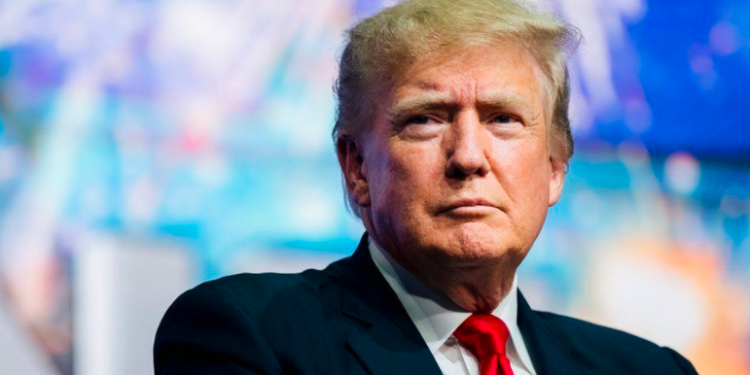A look at some of the various legal theories being considered by those fighting a case against Donald Trump for his suit against The Trump Modeling Estimate Corp. In my opinion, if the lawsuits end up going to trial, they will be won by one or more of the following legal theories. The first is the “duckling” theory, which states that the government must prove, beyond all reasonable doubt, that there was a breach of a contract. For example, if a consumer bought a set of pants, and then the pants were damaged in a freak accident, the consumer may be able to sue for damages because they were not adequately covered. It’s not a pretty picture, but it is legal.
Another potential argument is that there was an actual breach of a contractual agreement. For instance, if a builder designed a building and did not properly prepare the home plans, the builder could be held legally liable for injuries caused during construction. So if someone gets severely injured while visiting a seminar in which the Trump Modeling Estimate was used, and the Trump Building is negligent for not correctly completing the building plans, they could file a lawsuit against The Trump Entrepreneur for civil negligence. Again, this could turn out to be very expensive for The Trump Entrepreneur.
Some people are wondering if the Trump Modeling lawsuit will resonate with other Modeling Industry litigations? Well, let’s see. It’s important to remember that the Modeling Industry is a business-to-business market. So anyone who would file a lawsuit, either as a Model, a Businessman, or a Contractor, would have a very hard time winning such a lawsuit.
One could make the argument that Trump Modeling could hurt smaller Modeling Companies, as well, since they may not be able to afford to litigate for such lawsuits, due to the costs involved. Now then, one could also argue that lawsuits like these are overblown. After all, it is easy to say that someone shouldn’t be allowed to sue a person for injuries sustained while playing a game. And yes, that’s a very wise idea, once you take into consideration the high degree of physical contact that is required to be successful. It’s also worth noting that many “suits” against Trump have been brought on merit, not on hearsay, which is always a risk with lawsuits.
There could also be risks involved in carrying on business with foreign countries, as mentioned above. In fact, some Modelers have gotten sued for playing shows in other countries without first consulting the proper authorities in their host country. And these same Modelers have been known to sue other Modelers over something as silly as missing an import fee! If one carries on business with countries that aren’t familiar with you, it can be a real risk.
Additionally, many businesses have grown too large sizes where there are lots of contracts and arbitration agreements to figure out. Some Modelers have been known to “dream up” business concepts and bring them to the table, only to find that the enterprise fails to materialize because the legal environment is too complex. The same can be said for businesses that manufacture products or services which need regulation before they can begin manufacturing or doing business. There are just too many factors out there that could derail a business idea before it can get off the ground.
But let’s back up for a minute. Why did Trump’s niece sue him? There are a number of possible answers to this question. First, she may have been a misinformed supporter who thought that he had business interests in Cuba, or in Venezuela. Second, she may have been confused as to which jurisdiction she should sue him under.
The bottom line is, it appears that Donald Trump was probably (although not actually) acting as the legal representative of a series of enterprises and that a misunderstanding of one clause in a lawsuit could have caused her to sue him. Now, we all know that these types of lawsuits are often quite frivolous and that they rarely achieve any sort of victory. However, if there was a valid reason to sue the Trumps, this one could have been a reasonable suit. And even if it was a frivolous one, it would have been quite interesting to see how the legal theories behind it would play out in court.






























